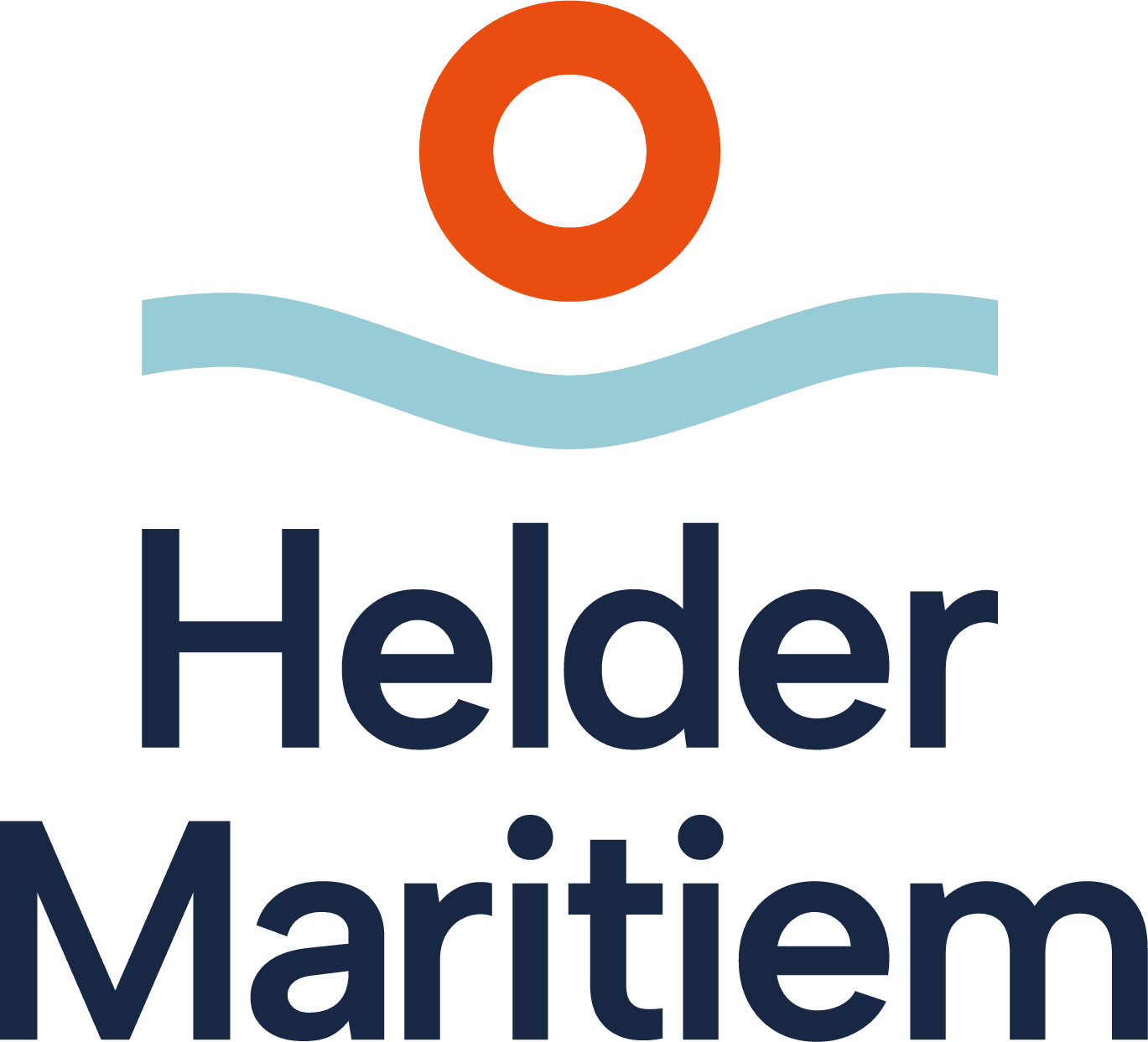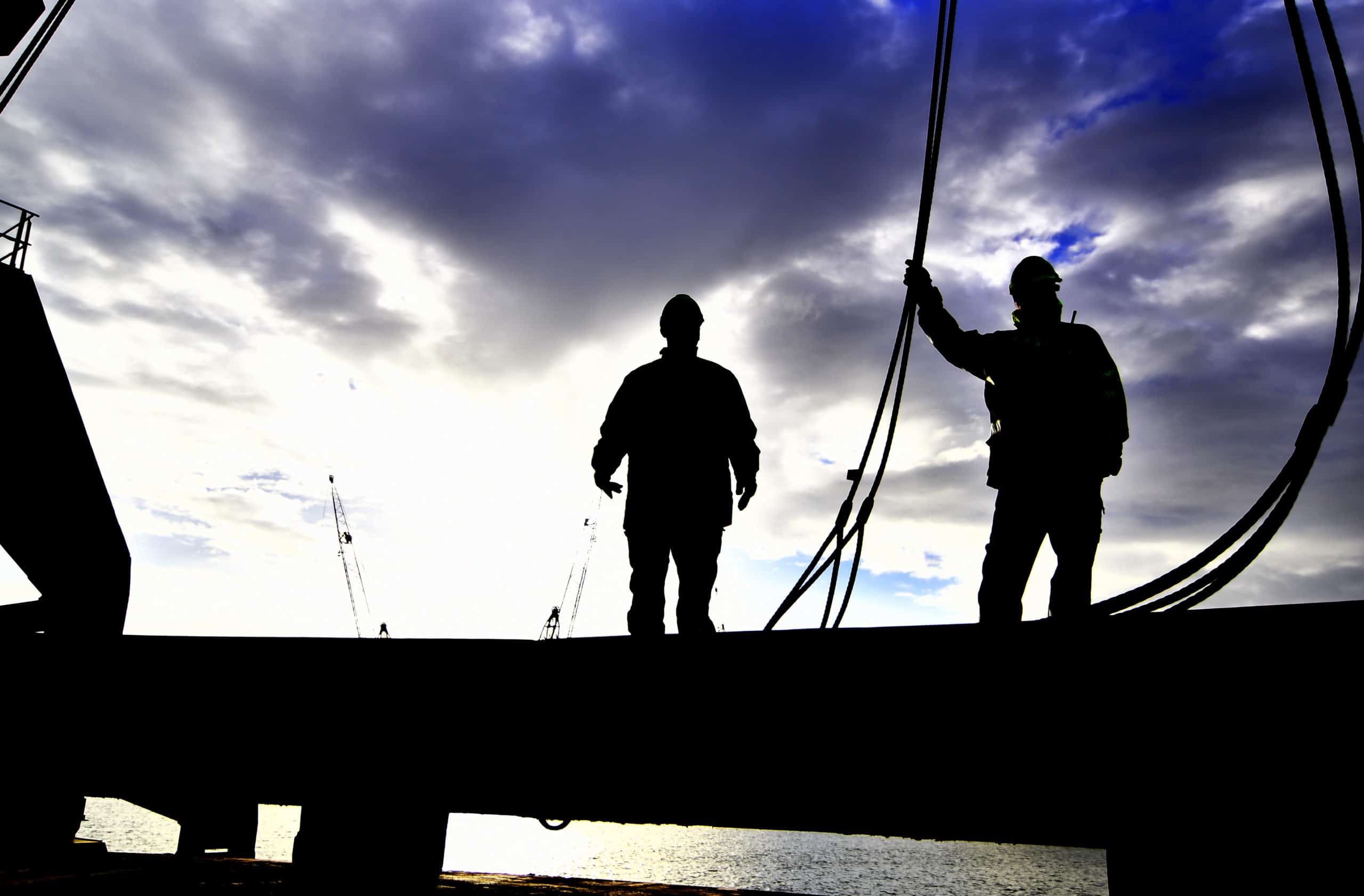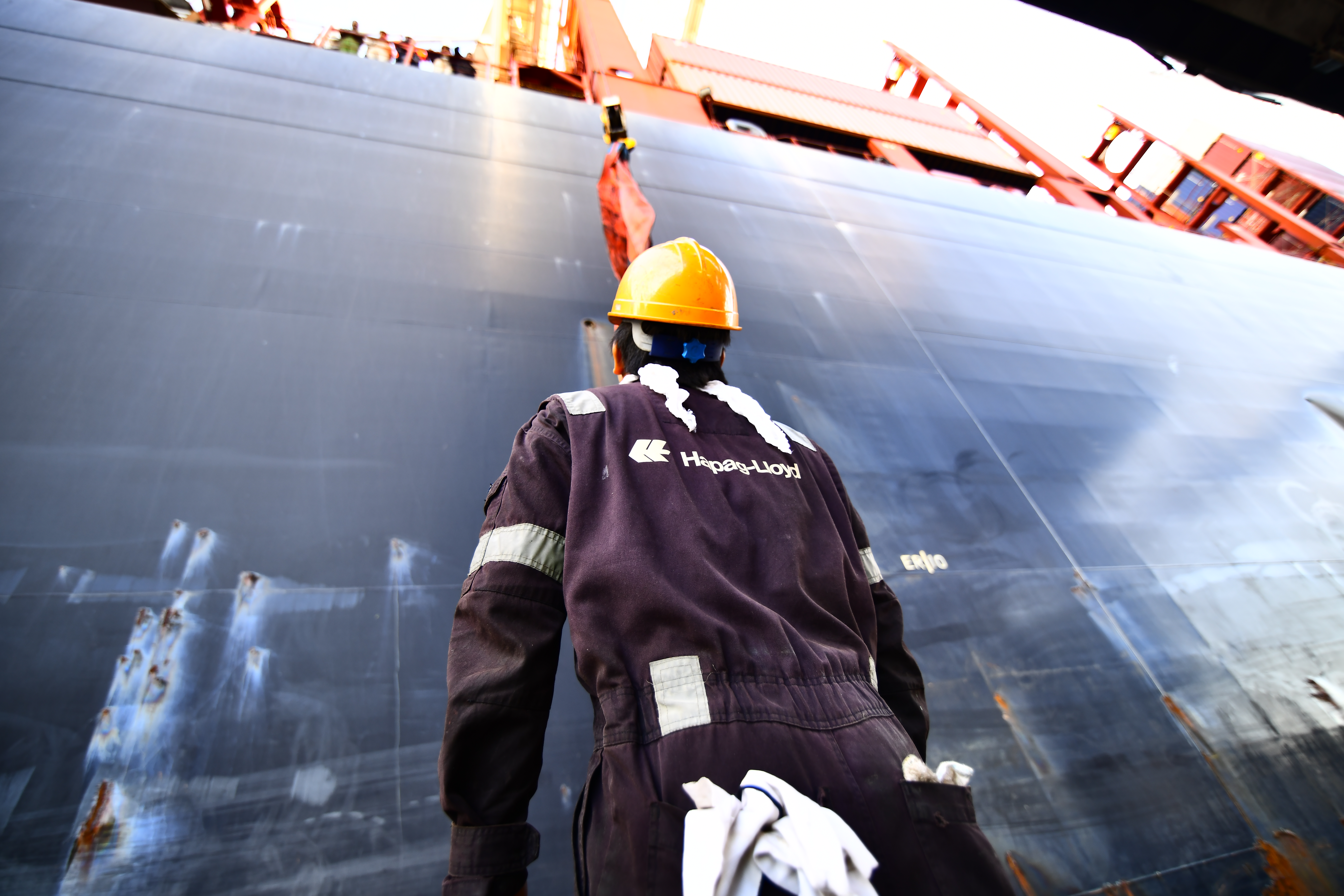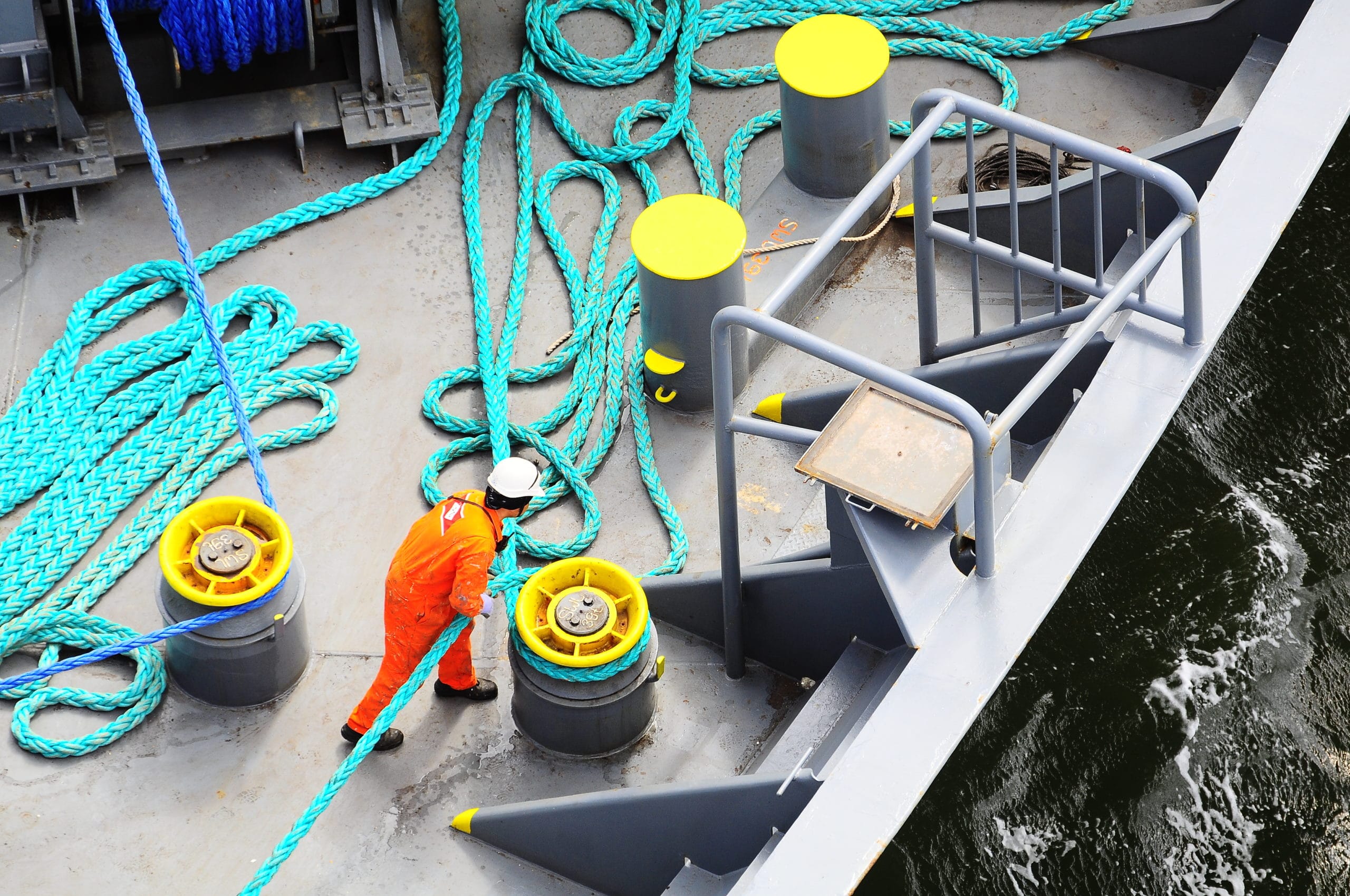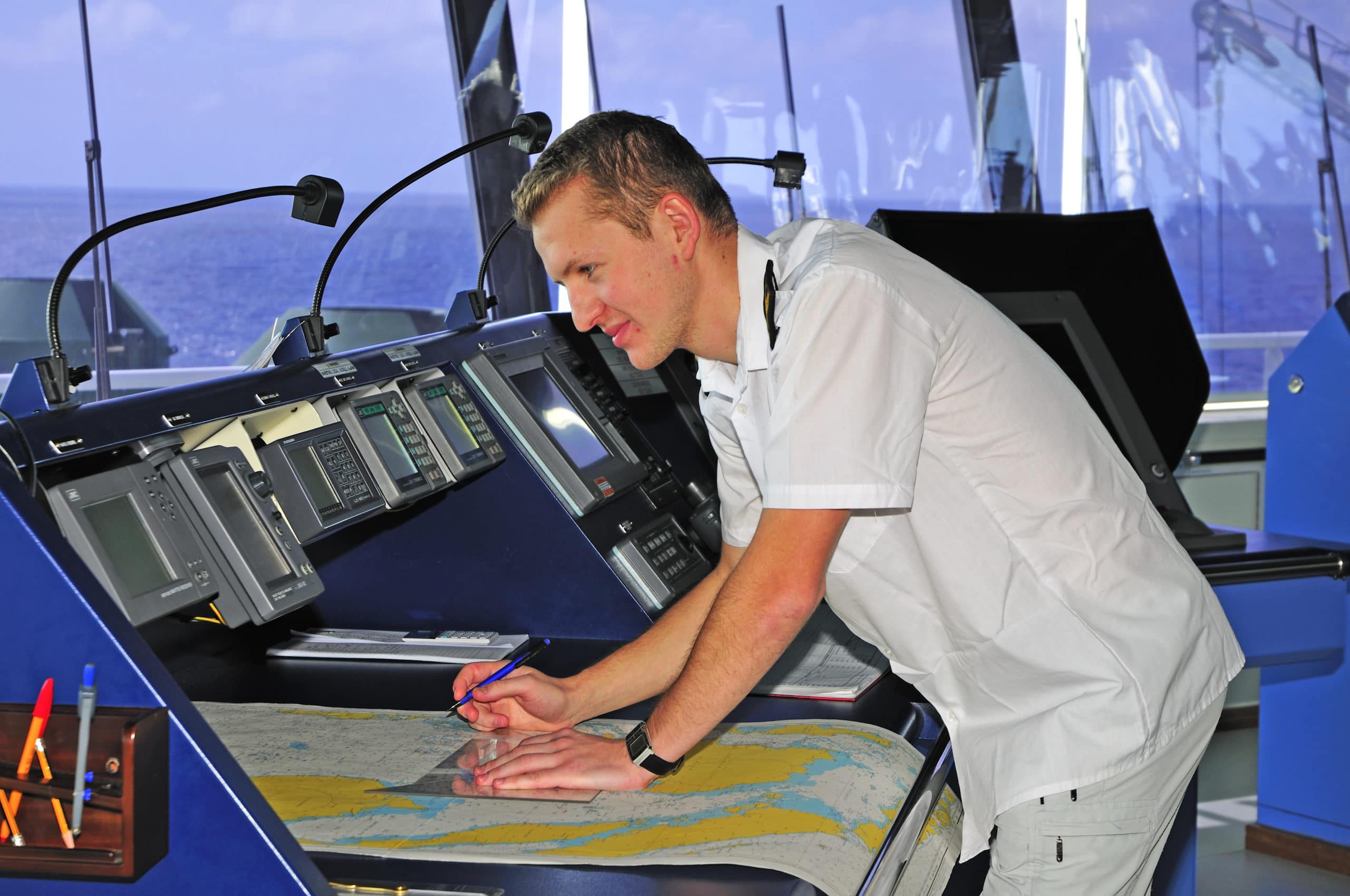

Qualified Maritime Crew
Become a Qualified Maritime Crew member
A qualified maritime crew is crucial for ensuring the smooth and safe operation of vessels in the maritime industry. To meet the demands of this challenging field, crew members must possess the necessary qualifications and skills. We’ll tell you more about the requirements and qualifications needed to become a highly skilled and qualified maritime crew member on the page below.
Qualifications and Training for Maritime Crew Members
Certification of Competency:
Obtaining a Certification of Competency (CoC) is a fundamental requirement for maritime crew members. The CoC establishes the holder's competency and knowledge in their respective roles.
Different levels of CoC exist for various positions, such as deck officers, engineers, and ratings. These certifications are obtained through recognized training institutions and demonstrate the crew member's ability to perform their duties competently.
Training Certificates:
In addition to the CoC, crew members often need to complete specific training courses related to their roles. These training certificates cover areas such as safety and survival, firefighting, first aid, navigation, and engine room operations. The completion of these courses ensures that crew members have the necessary skills and knowledge to handle emergencies and perform their duties effectively.
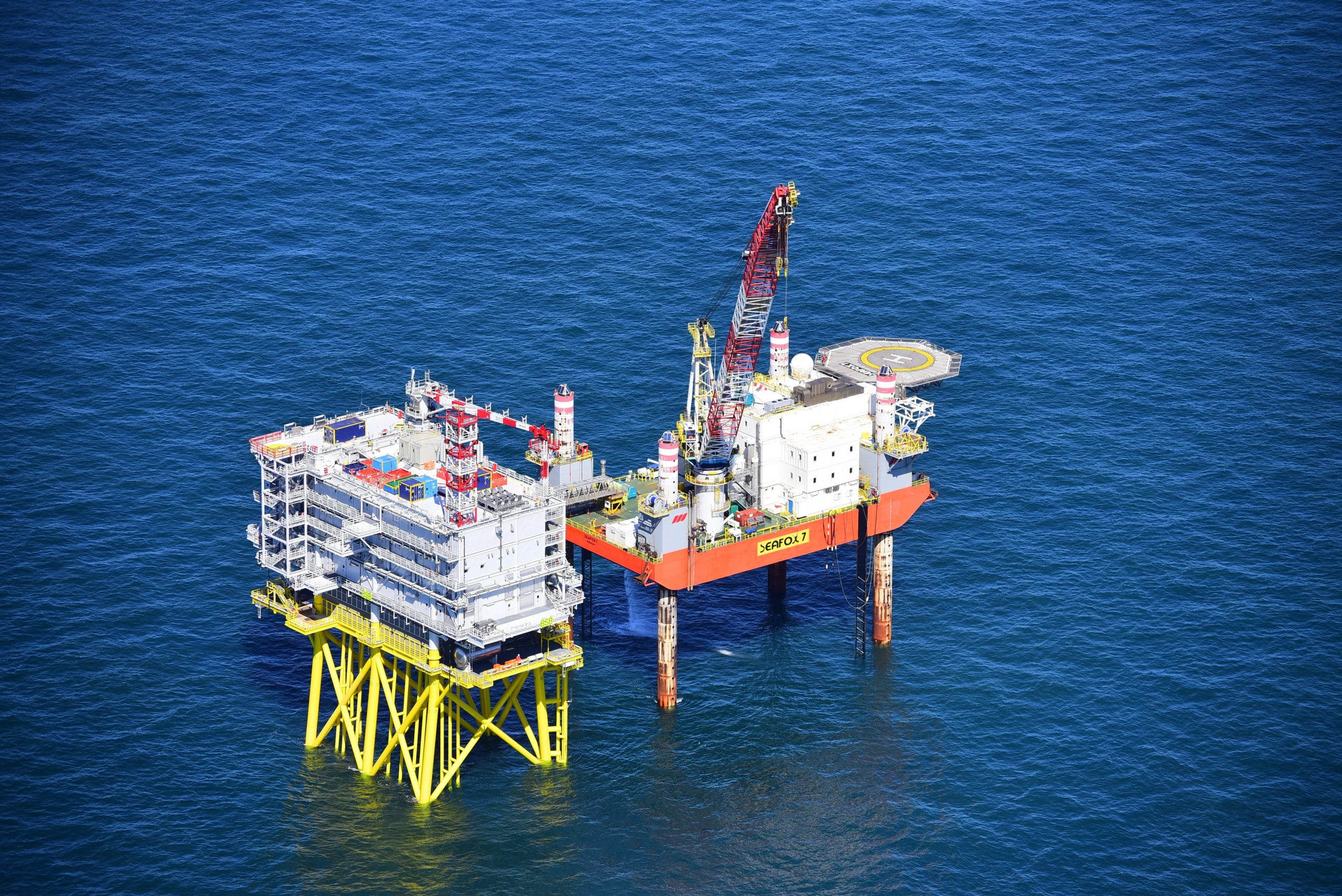
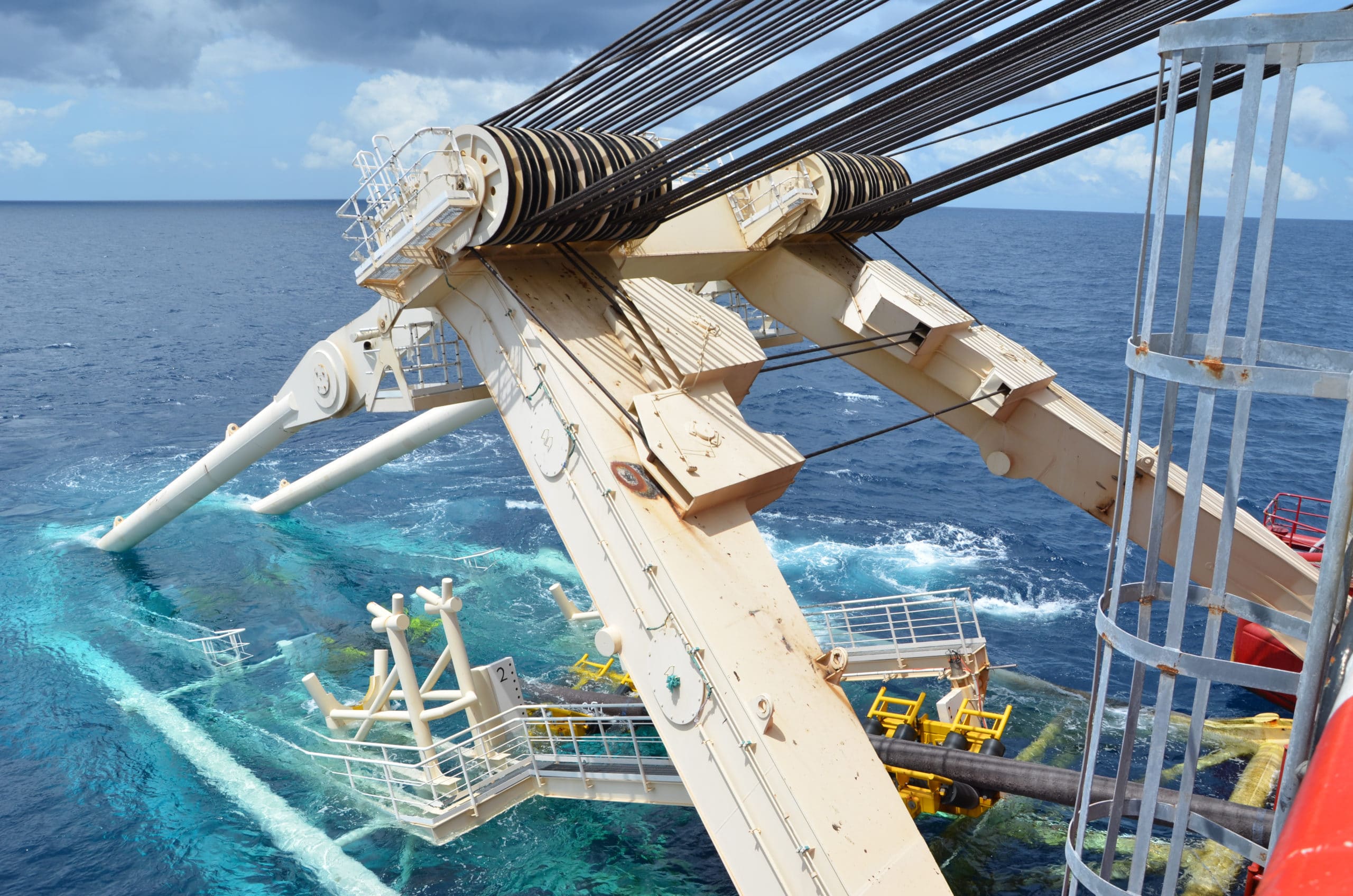
Chief Engineer and Qualified Deck Crew:
For crew members aspiring to become chief engineers or qualified deck crew, additional qualifications are required. These positions often involve higher-level responsibilities and technical expertise. Crew members interested in these roles must meet the specific requirements set by maritime authorities, including minimum sea service, training record book entries, and advanced certifications.
Entry Requirements:
To enter the maritime industry as a crew member, certain entry requirements must be met. These requirements may include minimum age limits, medical fitness assessments, and evidence of a good character and seafaring aptitude.
Each country and organization may have its specific entry requirements, so it is essential to research and understand the criteria for the desired role.
Length Operating in Restricted and Near Coastal Waters:
Certain roles in the maritime industry, particularly those operating in restricted and near coastal waters, may have specific requirements regarding vessel length and experience. These requirements aim to ensure crew members possess the necessary skills and knowledge to navigate and operate vessels in these challenging environments.
Seaman's book and crew list
Additionally, it is important for every seafarer to possess a seaman's book, which serves as a comprehensive record of an individual's work experience and educational background. The seaman's book is a fundamental document for registering crew members in the Central Crew Information Register. It remains valid for a period of 10 years.
And finally, seagoing vessels are required to maintain an up-to-date crew list at all times. This list includes essential information such as the names and positions of crew members, their dates of birth, as well as the dates they join and leave the vessel.
As a managing owner, it is crucial to have a clear understanding of the personnel onboard. Whenever the captain provides a new crew list or there are changes to the existing crew list, it is necessary to promptly inform Kiwa Register in writing to ensure accurate record-keeping.
Becoming a qualified maritime crew member requires dedication, training, and the acquisition of relevant certifications. By meeting the specific requirements for their desired roles, individuals can become highly skilled and qualified crew members in the maritime industry. With the right qualifications and training, you can embark on a rewarding career as a qualified maritime crew member.
Upload CV
Open application
Create job alert
Recieve an email if a new job is added
